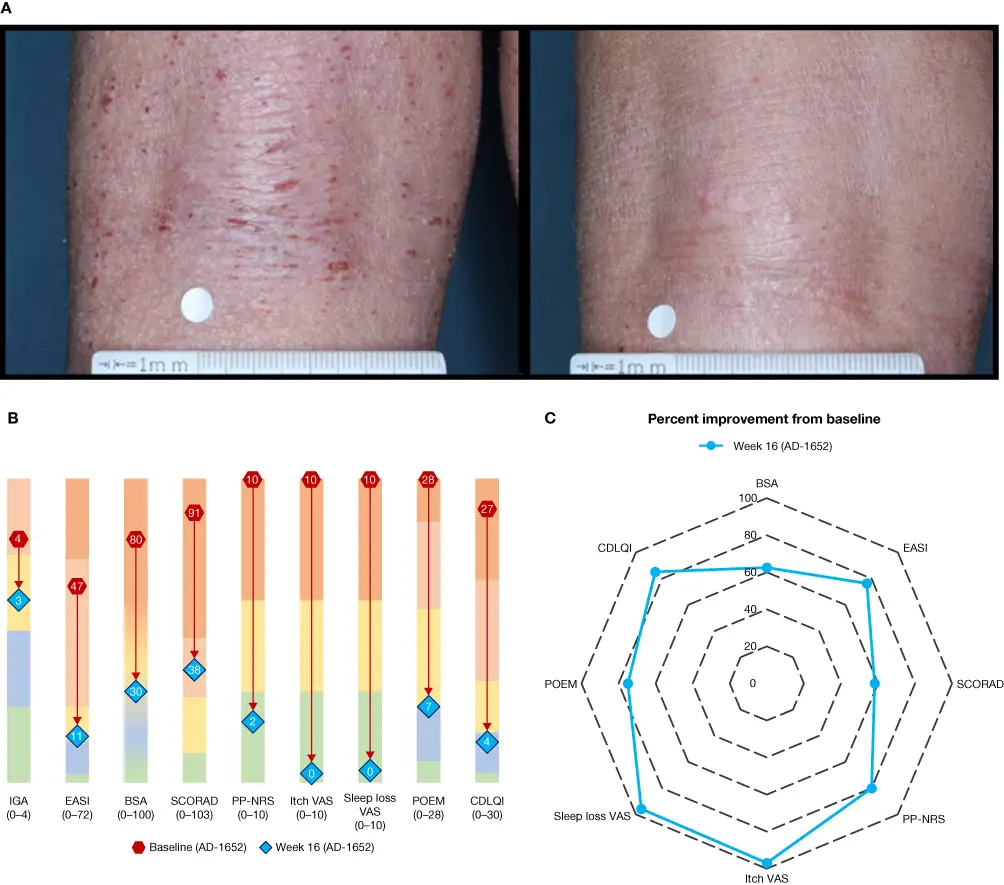- Home
- Medical news & Guidelines
- Anesthesiology
- Cardiology and CTVS
- Critical Care
- Dentistry
- Dermatology
- Diabetes and Endocrinology
- ENT
- Gastroenterology
- Medicine
- Nephrology
- Neurology
- Obstretics-Gynaecology
- Oncology
- Ophthalmology
- Orthopaedics
- Pediatrics-Neonatology
- Psychiatry
- Pulmonology
- Radiology
- Surgery
- Urology
- Laboratory Medicine
- Diet
- Nursing
- Paramedical
- Physiotherapy
- Health news
- Fact Check
- Bone Health Fact Check
- Brain Health Fact Check
- Cancer Related Fact Check
- Child Care Fact Check
- Dental and oral health fact check
- Diabetes and metabolic health fact check
- Diet and Nutrition Fact Check
- Eye and ENT Care Fact Check
- Fitness fact check
- Gut health fact check
- Heart health fact check
- Kidney health fact check
- Medical education fact check
- Men's health fact check
- Respiratory fact check
- Skin and hair care fact check
- Vaccine and Immunization fact check
- Women's health fact check
- AYUSH
- State News
- Andaman and Nicobar Islands
- Andhra Pradesh
- Arunachal Pradesh
- Assam
- Bihar
- Chandigarh
- Chattisgarh
- Dadra and Nagar Haveli
- Daman and Diu
- Delhi
- Goa
- Gujarat
- Haryana
- Himachal Pradesh
- Jammu & Kashmir
- Jharkhand
- Karnataka
- Kerala
- Ladakh
- Lakshadweep
- Madhya Pradesh
- Maharashtra
- Manipur
- Meghalaya
- Mizoram
- Nagaland
- Odisha
- Puducherry
- Punjab
- Rajasthan
- Sikkim
- Tamil Nadu
- Telangana
- Tripura
- Uttar Pradesh
- Uttrakhand
- West Bengal
- Medical Education
- Industry
Dupilumab use among pediatric atopic dermatitis patients may improve comorbid asthma, finds study

Dupilumab use among pediatric atopic dermatitis patients may improve comorbid asthma, finds a study published in the Pediatric Allergy and Immunology.
Atopic dermatitis (AD) is frequently associated with asthma and allergic rhinitis (AR). Dupilumab is an effective treatment for pediatric AD, although the effect on atopic comorbidities in pediatric AD patients is limited. A study was done to investigate the prevalence of asthma and AR in pediatric AD patients starting dupilumab treatment and to evaluate the effect of dupilumab on these comorbidities. This study included pediatric AD patients (aged 3-17 years) treated with dupilumab between 2019 and 2023. Patients were screened at baseline by a pulmonologist for the presence of asthma and AR.
Screening included evaluation of medical history and current symptoms, spirometry (including Forced Expiratory Volume in 1 s (FEV1)), Fractional exhaled Nitric Oxide (FeNO), and measurement of aeroallergen-specific IgE levels. In patients diagnosed with comorbid asthma and/or AR, measurements were repeated at weeks 16 and 52. Spirometry measurements, FeNO, and aeroallergen-specific IgE levels during treatment were analyzed using a covariance pattern model. Results: Eighty-four patients were included.
Asthma was diagnosed in 50 patients (59.5%) and AR in 72 patients (85.7%). Baseline FeNO levels were elevated in both patients with (29.0 ppb (95% CI 22.0-54.0)) and without asthma (26.0 ppb (95% CI 22.0-30.0)). During treatment, FeNO levels decreased (p < .001) and FEV1 scores increased (p < .001) in patients with asthma. In patients with asthma and/or AR, all aeroallergen-specific IgE levels decreased between 61.3% and 89.1% at 52 weeks of treatment. One year of dupilumab treatment, primarily indicated for AD, resulted in a significant improvement in comorbid asthma and a profound decrease in aeroallergen-specific IgE levels in patients with asthma and/or AR.
Reference:
Rijst LPvd, Groot K-d, Zuithoff NPA, de Bruin-Weller MS, de Graaf M. Effect of dupilumab on asthma and aeroallergen sensitization in pediatric atopic dermatitis patients: Results of the BioDay registry. Pediatr Allergy Immunol. 2024; 35:e14178. doi:10.1111/pai.14178.
Dr. Shravani Dali has completed her BDS from Pravara institute of medical sciences, loni. Following which she extensively worked in the healthcare sector for 2+ years. She has been actively involved in writing blogs in field of health and wellness. Currently she is pursuing her Masters of public health-health administration from Tata institute of social sciences. She can be contacted at editorial@medicaldialogues.in.
Dr Kamal Kant Kohli-MBBS, DTCD- a chest specialist with more than 30 years of practice and a flair for writing clinical articles, Dr Kamal Kant Kohli joined Medical Dialogues as a Chief Editor of Medical News. Besides writing articles, as an editor, he proofreads and verifies all the medical content published on Medical Dialogues including those coming from journals, studies,medical conferences,guidelines etc. Email: drkohli@medicaldialogues.in. Contact no. 011-43720751


